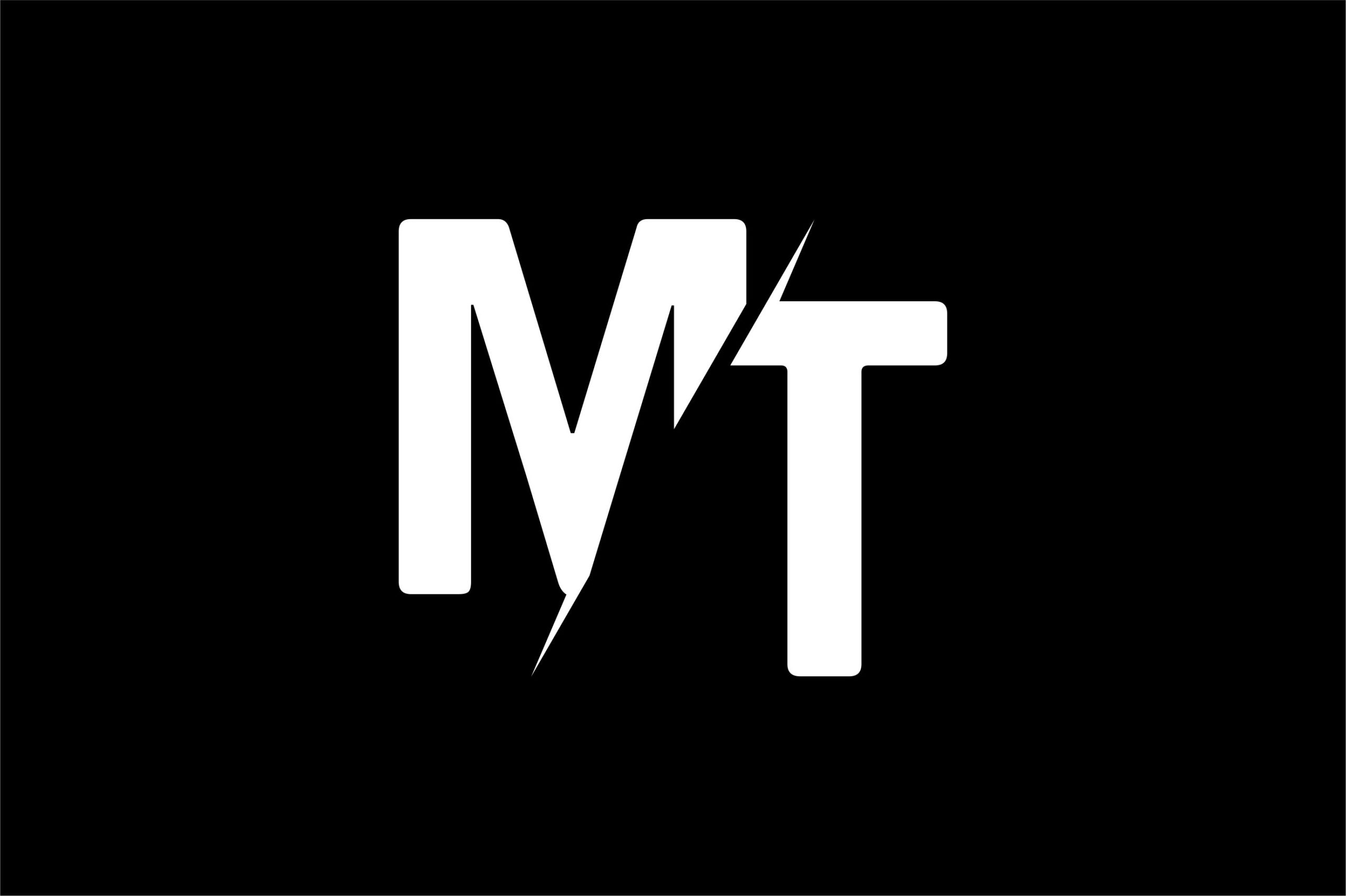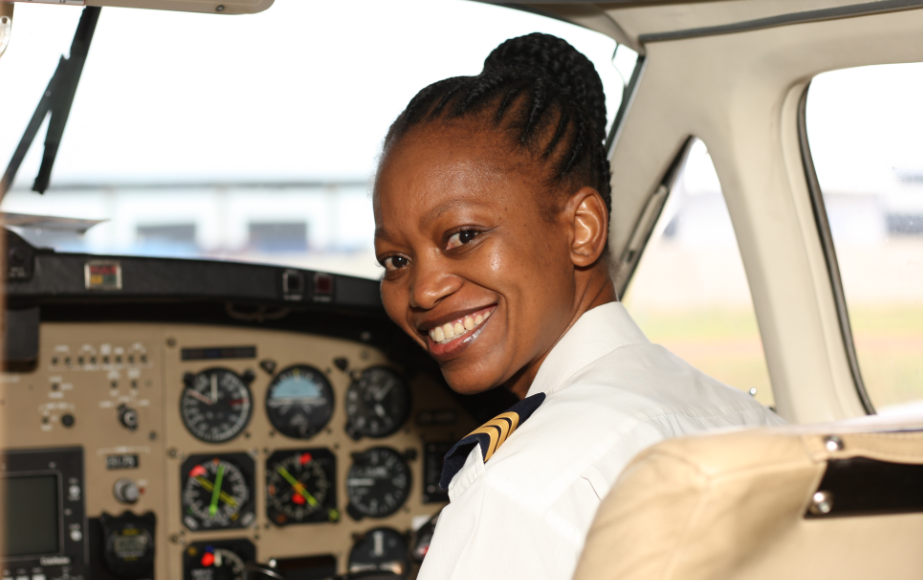Are you a high school graduate in Zambia whose dream is to become a pilot? Do you wonder where you can enroll and fulfill your dream and which one are the best Pilot Training Schools in Zambia? This article will discuss where one can enroll as a student and study for a pilot program in Zambia.
Zambia like many other developing countries has a limited number of training schools for pilots. For Zambia, that training institution is the Zambia Air Services Training Institute (ZASTI).
This school enables Zambia to be self-sufficient in order to meet its requirements for pilots. It accomplishes this goal through the engagement of highly qualified, skilled, and experienced trainers or instructors thats the good part with these Pilot Training Schools in Zambia. Currently, ZASTI offers accredited training in Private Pilot License (PPL).
Pilot Training Schools in Zambia
The training institute has a number of highly experienced and motivated instructors for both flight and ground training. It also has all the relevant facilities: aircraft, ground classrooms as well as computer-based classrooms to cope with technological advancements.
ZASTI is a quasi-government institution that is under the Ministry of Transport and Communication and regulated by the Civil Aviation Authority (CAA). It is accredited by Technical Education, Vocational and Entrepreneurship Training Authority (TEVETA) and was founded in the year 1969. This was five years after Zambia gained independence from the British. The training institution is conspicuously situated near the Kenneth Kaunda International Airport (KKIA). As a result, this makes it ideal for practical training with its proximity to the airport.
A Private Pilot License course (PPL) is a type of license that permits a holder to go about as a Pilot-In-Command (PIC) of an airplane.
The license requirements are set by the International Civil Aviation Organization (ICAO). The initially expected hours for one to hold a PPL is 45.
A holder of a PPL is not to be employed as a Pilot and put on a salary until after he or she gets a Commercial Pilot License (CPL). A PPL is the first step to one getting a CPL, meaning, one cannot get a CPL without having first gotten a PPL and neither can one with a PPL get employed without first having gotten a CPL. The minimum age for an individual to get a PPL is 17 years but there is certainly no limit with regard to the maximum age.
Having looked at what ZASTI is and the training it offers, what may ask “Who qualifies to enroll for this training?” Hence, the article will now turn attention to the requirements needed for this particular training, duration, and certification of the same.
Minimum Entry Requirements
Full Grade Twelve Certificate with Credits in Five subjects, which incorporate Physics/Physical Science, Geography, Mathematics, and English language you can check the previous article for Cost of pilot training in Zambia
A qualified Aviation Medical Doctor declares the candidate therapeutically fit.
Duration
The duration of the program is six months.
Certification
Upon fruitful culmination, candidates are granted a License in Private Pilot Training by the Zambia Civil Aviation Authority (CAA).
The Civil Aviation Authority (CAA) was established by Act No. 7 of 2012 as the sole Aviation Regulator. It sets out to provide effective and efficient regulatory undertakings to the aviation industry. Further, it ensures legal compliance and offers security assurance to users of air transport by way of ensuring value for money through a thorough regulation process of the industry.
The Civil Aviation Authority among many other things regulates the following:
- Aircraft Operations
- Personnel Licensing
- Air Traffic Management
- Airworthiness
- Aerodromes and Ground Aids
- Aviation Security
- Aeronautical Information Services
- Communications, Navigation, and Surveillance
- Safety Management Systems
Zambia as a signatory to the Chicago Convention of 1944, has worldwide commitments according to that Convention and the CAA is the organization through which Zambia discharges its commitments. The CAA carries out worldwide Civil Aviation Standards as a controller of the Aviation Sector.
Every player in the aviation business in Zambia follows Aviation International Standards created by International Civil Aviation Organization (ICAO). Further, Zambia advises other state gatherings at the convention regarding the status of its implementation of ICAO guidelines through a protected ICAO online structure. The CAA continually transfers Zambia’s execution status of the global guidelines on the web-based structure. The CAA teams up and works intimately with different partners in its control, improvement, and advancement of common flight in Zambia.
Which university can I study pilot in Zambia?
Apart from ZASTI, there are a couple of other air training or flying schools in Zambia owned by private individuals or entities and some of them are the following:
3. Jetlife Flight Academy
Located in the Mass Media area in Lusaka, Jetlife Flight Academy is another private air training school. Specifically, it offers aviation training to individuals who wish to join the aviation industry.
2. Zambian Aviation College
This is a privately-owned aviation school located in Lusaka’s Woodlands area that offers aviation training to would-be aviators.
1.Prestige Flight school Zambia
This is a Zambian flight school, qualified as an Approved Training Organisation (ATO) which offers pilot training. The school is located in Avondale, in the capital city of Zambia, Lusaka.
Having looked at some of the schools offering flying programs in Zambia, you want to know how much these schools charge for their services. Fees vary from school to school but the average course fee for pilot training in Zambia is K3,000 per term. Although this is for a three-year course and the fee for Private Pilot License is above K60,000. The cost of a commercial license can be over K400,000 as of the year 2014.
In conclusion, Zambia only has one public air training institute. However, there are a few private ones in which individuals who would like to become pilots can enroll. Before a person becomes a pilot, he or she needs to attain a Private Pilot License. Above all, this is a prerequisite to attaining a Commercial Pilot License. This enables an individual to start flying commercially and eventually make a successful living out of piloting.
Sources:
The Bulletin and Record Magazine (June 2015 version)
(zasti.ac.zm).
SIMILAR CONTENT!
- Documents you need for a passport UK
- Companies That Accept Cryptocurrency, Uk
- Most Profitable Business In Africa
- Does Amazon Accept Bitcoin?
- How much Mastercard Charges Merchants in UK
- How to get work permit for UK without job offer
- Entry-level Software Developer Salary South Africa
- Cost Of Studying Computer Science in UK
- 10 Paying Apps In Zambia To Make Money
- Zambia Air Services Training Institute (Zasti) Fees
- Online Jobs That Pay Through Mobile Money in Zambia
- 14 Profitable Business ideas(Zambia)
- Banks in Zambia(Overview)
- Expensive Animals On The Black Market
- Bank Balance Is Requirement For South Africa Visa
- Tourist Visa Requirements For China
- Entry-level Software Developer Salary South Africa










